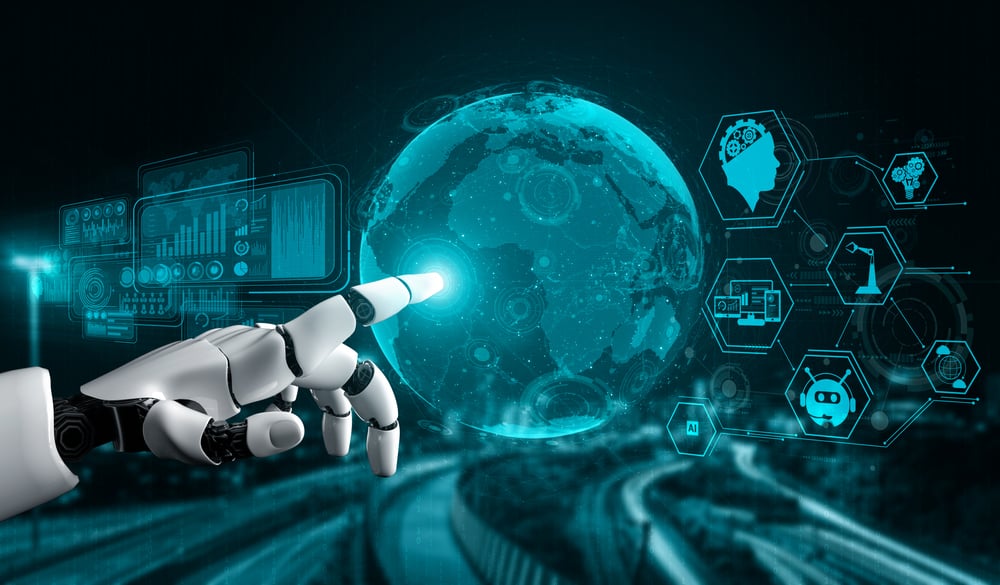AI has brought about significant advancements in various industries and has improved efficiency in several ways.
However, despite its advantages, there are some severe disadvantages of artificial intelligence. These drawbacks have the potential to affect multiple industries and damage human life if not addressed early enough.
AI Technology disadvantages
To begin with, AI eliminates job opportunities for humans. This happens because machines can perform tasks more efficiently than humans in sectors such as manufacturing, logistics, and customer service.
A study by The Guardian showed that AI can replace humans in tasks that require some degree of emotional and cognitive input, eliminating employment opportunities in the future.
Another disadvantage of AI is that it lacks empathy, compassion, and feelings, which are vital qualities in human communication.
Machines cannot provide personalized service in areas such as counseling, mentoring, and health care, thus leading to an impersonal experience. For instance, robots in nursing homes can provide basic assistance, but they cannot interact with patients emotionally.
AI also has the ability to make decisions without considering the consequences, something that could have significant effects. This lack of judgment could lead to catastrophic events such as self-driving cars that carry out instructions regardless of the potential harm caused.
Cases of self-driving cars causing accidents have been reported, with some leading to fatalities. This disadvantage calls for the need of human oversight in the use of AI.
AI can replicate human behavior, leading to unethical practices. Machines can learn bad habits such as gender and racial bias, which they can replicate in their actions.
For example, facial recognition software has consistently been shown to skew towards detecting white faces more accurately than those of people of color. When undesired programs are learned, it can lead to negligence and misconduct.
Furthermore, AI requires access to vast amounts of data to function, raising privacy concerns. For instance, social media platforms can access user data without their consent and use this information to promote targeted advertising.
This lack of privacy has broad implications for individuals, including political manipulation and identity theft.
AI also has the potential to become intelligent beyond human control, leading to an existential threat to the human race.
The idea of machines becoming self-aware and deciding to become 'Super Intelligence' has been a popular topic in science fiction, but many experts like Stephen Hawking and Elon Musk warn of the real possibility of this happening.
Once AI surpasses human intelligence, it becomes difficult to anticipate the machines' next actions, and humans lose control.
Considering the high cost of developing AI, only large organizations can afford it. This economic inequality perpetuates and leads to further wealth disparities.
These large companies can influence the price of products and services, leading to a monopoly, which could have damaging long-term consequences for society.
Finally, AI cannot replace the human touch. There are certain essential tasks that machines cannot perform, such as creating art, being creative, and delivering a unique perspective. Humans have emotions and feelings, making them irreplaceable.
Therefore, the over-reliance on machine logic could eventually lead to a decrease in human creativity and innovation
In conclusion, while artificial intelligence remains a revolutionary technology, it comes with its downsides. Advancements must be carefully considered, and humans should not be oblivious to the potential problems arising from this technology.
As we advance AI technology, we must be cognizant of the ethical considerations that come with it. Only then can we achieve balanced advancements while maintaining a focus on individual values and principles.


0 Comments